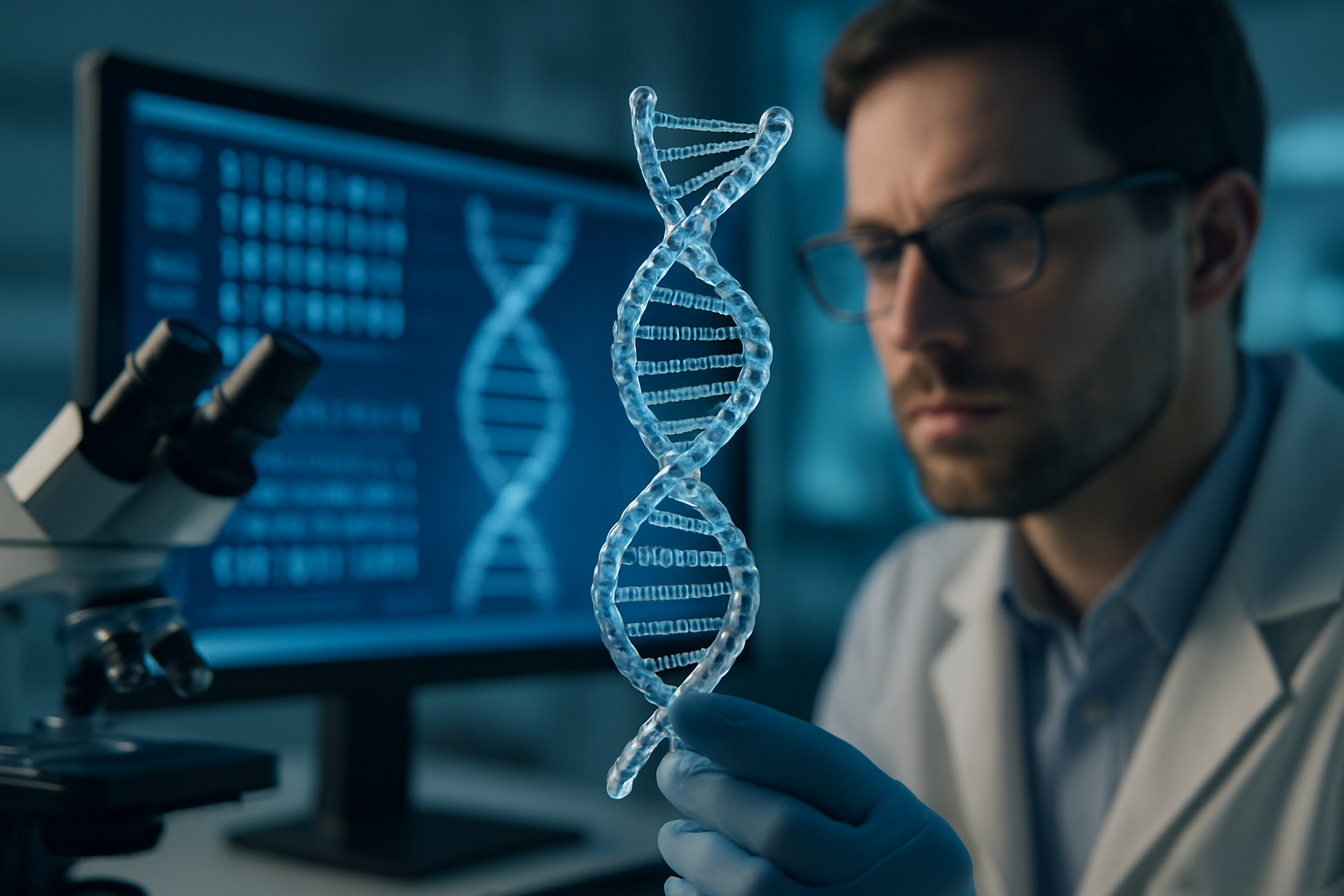Exploring the Different DNA Testing Options Available Today
In recent years, DNA testing has become increasingly popular as people seek to uncover their genetic heritage and explore family connections. With advancements in technology, various DNA testing options are now available to the public, each offering unique insights into our genetic makeup. This article delves into the different types of DNA tests, their purposes, and what you can expect from the results.

What Are the Main Types of DNA Tests Available?
There are three primary types of DNA tests that individuals can choose from:
-
Autosomal DNA Tests: These tests analyze DNA inherited from both parents and can provide information about your ethnic background and potential relatives from all ancestral lines. They are the most common type of consumer DNA test and can typically trace ancestry back 5-8 generations.
-
Y-DNA Tests: These tests focus on the Y chromosome, which is passed down from father to son. They can trace paternal lineage and are only available for males.
-
Mitochondrial DNA (mtDNA) Tests: These tests examine the DNA in mitochondria, which is passed down from mother to child. They can trace maternal lineage and are available for both males and females.
How Can DNA Testing Help Discover Your Genetic Heritage?
DNA testing can provide fascinating insights into your genetic heritage. By analyzing your DNA and comparing it to reference populations, these tests can estimate your ethnic background and ancestral origins. Many testing companies offer detailed breakdowns of your genetic ancestry, sometimes even pinpointing specific regions or countries where your ancestors may have lived.
Additionally, some tests can reveal genetic traits that are common in certain populations, giving you a deeper understanding of your heritage. This information can help you connect with your roots and learn about the cultures that have shaped your genetic makeup.
Can DNA Testing Uncover Hidden Family Connections?
One of the most exciting aspects of DNA testing is its ability to uncover hidden family connections. Many testing companies have extensive databases of DNA profiles, allowing you to find genetic matches with other users. These matches can range from close relatives like siblings or first cousins to more distant connections like fourth or fifth cousins.
Through these connections, you may discover previously unknown relatives or confirm family relationships. Some people have even reunited with long-lost family members or solved family mysteries through DNA testing. However, it’s important to be prepared for unexpected results and to approach any newfound connections with sensitivity and respect for privacy.
What Health-Related Information Can DNA Testing Provide?
Some DNA tests offer health-related insights by analyzing genetic markers associated with certain conditions or traits. These tests can provide information about:
-
Carrier status for genetic disorders
-
Genetic health risks
-
Wellness traits (such as caffeine metabolism or lactose intolerance)
-
Pharmacogenomics (how your body may respond to certain medications)
It’s crucial to note that these tests are not diagnostic and should not replace professional medical advice. Always consult with a healthcare provider to interpret and act on any health-related genetic information.
How Accurate Are DNA Testing Results?
The accuracy of DNA testing results can vary depending on several factors, including the type of test, the size of the company’s reference database, and the specific information being analyzed. Generally, the basic genetic data obtained from DNA tests is highly accurate. However, the interpretation of this data, especially for ancestry estimates, can be less precise.
For ethnicity estimates, accuracy can vary widely, with some populations being better represented in reference databases than others. As companies continue to expand their databases and refine their algorithms, the accuracy of these estimates tends to improve over time.
When it comes to genetic health information, it’s important to remember that most traits and conditions are influenced by both genetic and environmental factors. While DNA tests can identify certain genetic predispositions, they cannot predict with certainty whether you will develop a particular condition.
What Are the Leading DNA Testing Services and Their Costs?
Several companies offer DNA testing services, each with its own strengths and pricing structure. Here’s a comparison of some popular options:
| Provider | Test Type | Key Features | Cost Estimation |
|---|---|---|---|
| AncestryDNA | Autosomal | Large database, ethnicity estimates, family matching | $99 - $149 |
| 23andMe | Autosomal, Y-DNA, mtDNA | Health reports, trait analysis, ancestry composition | $99 - $199 |
| MyHeritage | Autosomal | Ethnicity estimates, DNA matching, family tree tools | $79 - $99 |
| FamilyTreeDNA | Autosomal, Y-DNA, mtDNA | Specialized tests for deeper ancestry research | $79 - $649 |
| LivingDNA | Autosomal, Y-DNA, mtDNA | Detailed British and Irish ancestry | $99 - $159 |
Prices, rates, or cost estimates mentioned in this article are based on the latest available information but may change over time. Independent research is advised before making financial decisions.
In conclusion, DNA testing offers a fascinating glimpse into our genetic makeup, ancestry, and potential health predispositions. With various testing options available, individuals can choose the service that best fits their interests and budget. Whether you’re looking to discover your genetic heritage, uncover hidden family connections, or unlock the secrets of your DNA, these tests can provide valuable insights into your personal genetic story.




